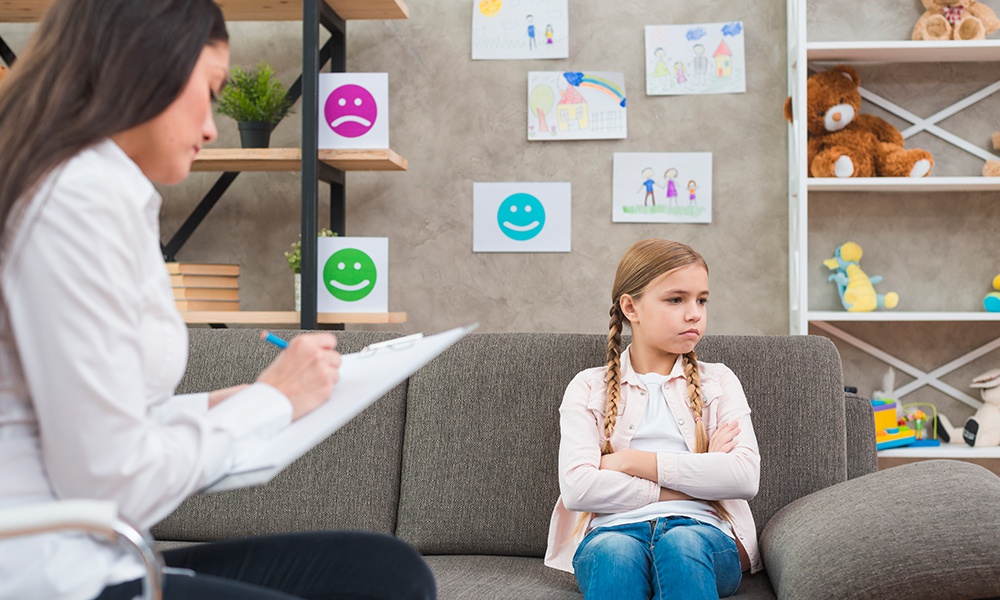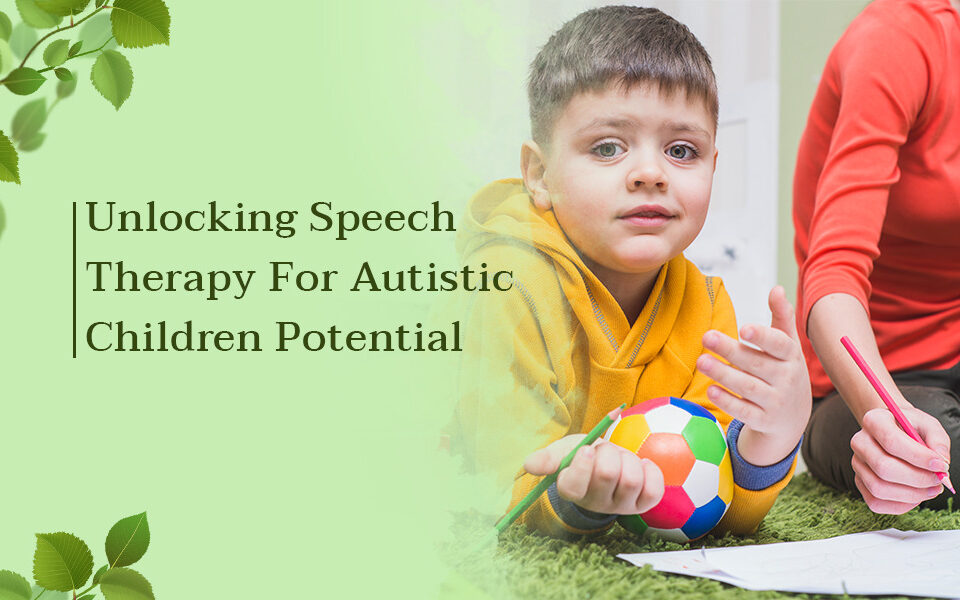- Jofa Tower 5th floor, SB-23, Block 13 C, Main University Rd, Gulshan-e-Iqbal, Karachi.
- +92 322 3746726
- tis@transformation.com.pk
Behavioral Therapy’s Secret Techniques

Exploring the Advantages and Disadvantages of Behavior Therapy
November 23, 2023
Psychological Testing & Assessments
December 6, 2023Behavioral therapy is an umbrella term for various types of therapy used to treat mental health conditions. It is predicated on the notion that all behaviors are taught and that behaviors can be modified. Behavioral Therapy is based on the idea that behaviors are learned responses to external or internal stimuli. Individuals can overcome problems and build healthy coping methods by identifying and changing these ingrained behaviors.
To change behavior, behavioral therapy procedures employ reinforcement, punishment, shaping, modeling, and other techniques. These strategies have the advantage of being very targeted, allowing them to achieve quick and effective outcomes. Let's explore some key techniques employed in Behavioral Therapy. Let's look at some of the key approaches used in behavioral therapy.
Behavioral Therapy Techniques
Behavioral treatment strategies are founded on two theories: classical conditioning and operant conditioning.
Classical Conditioning:
Classical conditioning, often known as automatic or unconscious learning, is the process of developing an association with a stimulus or item that causes a reaction. Neutral stimuli are combined with a stimulus that elicits a reaction naturally and instinctively. An association is created after repeated pairings, and the previously neutral stimulus begins to elicit the reaction on its own.
One well-known example is Pavlov's dog. The neutral signal was a tone, and the natural response was salivating in response to food. The sound of the tone alone could cause the dog to salivate by connecting the neutral stimulus (sound) with the unconditioned stimulus (food).
Classical conditioning approaches for changing behavior include:
- Systematic desensitization: Systematic desensitization is a method of becoming less sensitive to certain triggers. From previously taught breathing and relaxation practices, you are taught to replace fear reactions with relaxation responses.
- Aversion therapy: Aversion treatment is frequently used to treat diseases such as substance abuse and alcoholism. It works by teaching people to link a pleasurable but unhealthy stimulation with an extremely unpleasant one.
Operant Conditioning:
Reinforcement and punishment are used in operant conditioning to either enhance or decrease the frequency of behavior. Behaviors that result in positive outcomes are more likely to occur again in the future, whereas those that result in negative consequences are less likely to occur.
The following techniques are employed in operant conditioning:
- Management of contingencies: A formal written contract between a client and a therapist including behavior-change goals, reinforcements, incentives, and punishments is used in this technique.
- Extinction: Stop encouraging behavior to eliminate the response if you want to modify it. Time-outs, for example, remove a person from an environment that gives reinforcement. Unwanted behavior is finally eliminated by taking away what the person finds rewarding.
- Modelling behavior: This method entails learning by observing and modeling the behavior of others. Individuals learn new skills or appropriate behaviors by observing others perform those skills.
- Economies based on tokens: This strategy uses reinforcement to change behavior. Parents and instructors allow children to earn tokens for engaging in desired behaviors and lose tokens for engaging in bad behaviors. Tokens can then be exchanged for items such as candy or toys.

What Is the Purpose of Behavioral Therapy?
Behavioral therapy is used for a wide range of mental health conditions and to help people with emotional issues.
Some mental health conditions include:
- Bipolar disorder
- Alcohol and substance use disorders
- Anxiety
- Attention-deficit hyperactivity disorder (ADHD)
- Autism spectrum disorders
- Borderline personality disorder (BPD)
- Depression
- Eating disorders
- Panic disorder
- Phobias
- Obsessive-compulsive disorder(OCD)
What Makes Behavioral Therapy Unique from Other Types of Therapy?
Behavioral therapy distinguishes itself from other treatment approaches by emphasizing observable behaviors and learning concepts. Unlike certain therapies, which focus on underlying thoughts and feelings, behavioral therapy focuses on specific behaviors, investigating how they are acquired and maintained. This method makes use of evidence-based strategies based on behavioral learning theories like operant and classical conditioning. Behavioral therapy is solution-focused and generally time-limited, making it efficient for addressing a wide range of concerns. It places a strong emphasis on goal-setting and measurable outcomes.
Clients take an active role in the process, working with therapists to identify problematic behaviors and engage in focused therapies. The empirical basis, adaptability, and practical skill-building components all contribute to behavioral therapy's uniqueness, providing individuals with a systematic and goal-oriented approach to effective behavior change.
Is Behavioral Therapy Effective for Children?
Yes, behavioral therapy is highly beneficial for children in resolving a wide range of behavioral and emotional issues. Because it focuses on observable behaviors and incorporates tactics such as positive reinforcement, modeling, and systematic desensitization, this treatment approach is especially well-suited for youngsters. Behavioral therapy, particularly Behavioral Parent Training (BPT), provides parents with skills for effectively managing and changing their child's behavior.
It is frequently used to treat conditions such as attention-deficit/hyperactivity disorder (ADHD), conduct disorders, anxiety, and developmental difficulties. Behavioral therapy's structured and goal-oriented character allows it to adapt to the various requirements of children, facilitating positive behavior change and improving their overall well-being.
Conclusion:
Behavioral Therapy, with its diverse techniques, is a light of hope for people navigating the perilous waters of mental health. Individuals can embark on a transforming journey towards a healthier and more satisfying existence by unraveling the fabric of learned behaviors and weaving in new, positive strands. As we continue to delve into the innumerable elements of human behavior, Behavioral Therapy remains a staunch friend, providing the tools required to reshape the canvas of our lives.




